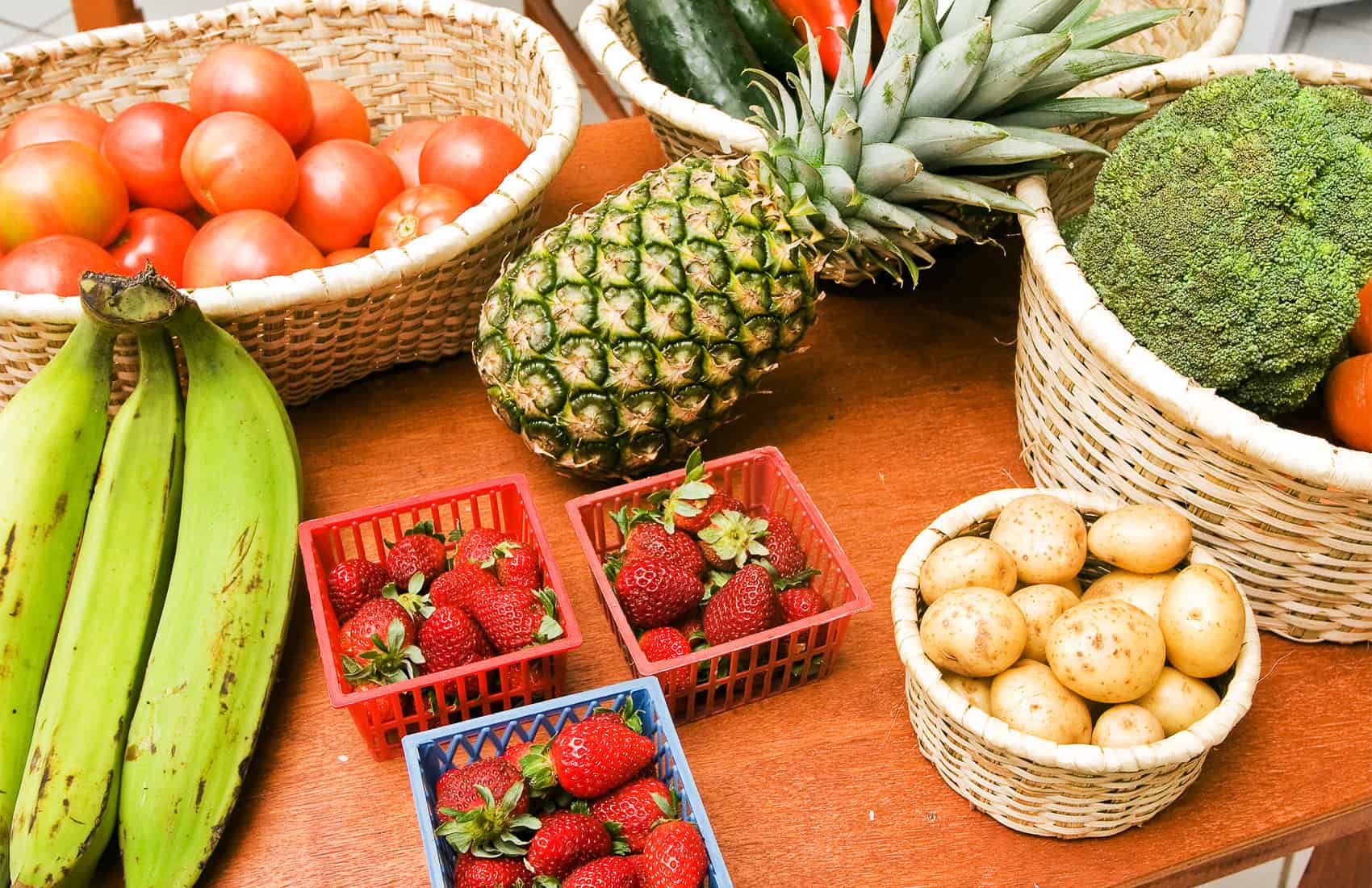PROPONENTS of organic products, devoid of chemical fertilizers, pesticides, and hormones, often cite two main reasons for their importance: health benefits and environmental protection.
Organic products have higher quantities of vitamins and minerals, including calcium, iron, Vitamin C, and magnesium, according to nutritionist Elsie Fallas. They are also said to help prevent illnesses such as cancer, osteoporosis, heart and circulatory system diseases.
“If you eat an organic orange, for the same price and the same amount of product, you’ll get more nutrients than from a conventionally grown one,” Fallas said, adding that an organic tomato contains 72 milliequivalents of calcium per 100 grams, while a non-organic one holds only 33. Not only does pesticide-filled produce contain fewer nutrients than its organic counterparts, but it also robs nutrients from food, specifically calcium, she said.
WHILE these arguments might suffice to convince some to go organic, the most widely held criticism against pesticides, which are used mainly to keep crops free of insects, fungus, birds, earthworms, mites, and weeds, stems from a more polemic source – the carcinogenic residue they leave on fruits and vegetables.
Studies have shown that children exposed to high levels of agrochemicals are more at risk of suffering bone, brain, and blood cancer (leukemia). In the case of Costa Rica, research has linked its elevated gastric cancer mortality rate, the highest in the world, with the use of pesticides, many of which are banned in other countries.
“The use of pesticides is not regulated at all. There’s an improper and indiscriminate use by farmers who want more abundant and larger crops,” said Fallas, who advocates for regulations on pesticide application. “In Costa Rica, we eat an excess of chemicals.”
According to the Costa Rican Public Health Ministry, in 1996, the country’s agrochemical consumption per capita averaged 6.5 kilograms, higher than in other Central American nations and around seven times the annual average per capita worldwide.
AGROCHEMICALS also provoke reproductive problems, sterility, and genetic mutations, a reality evidenced in the late 1970s in thousands of Central American banana plantation workers and their families who were exposed to the toxic Nemagon pesticide.
Washing fruits and vegetables with water only eliminates a small part of the chemical residue. “Some agrochemicals are soluble, but not all,” Fallas said. Organic meat has also been found to pose a smaller cancer risk than regular meat. The former contains lesser amounts of vein-and-artery-clogging fat and fewer hormones.
Not surprisingly, just like the body, the environment also suffers detrimental effects from agrochemical residue. PESTICIDES have undoubtedly harmed birds and animals and contaminated the world’s food supply, according to Rachel Carson, author of “Silent Spring,” a book that exposed the hazards of the pesticide DDT.
When agrochemicals are applied, they do not always come into direct contact with the pests or foliage they intend to attack. Most drift through the atmosphere for miles, pollute the air, seep into the ground, and wash into bodies of water. The results are years of contaminated underground and surface water, degraded soil, and toxicity in numerous living creatures, including birds, fish, insects, and small aquatic organisms.
In Costa Rica, the high dependence and increasing importation of agrochemicals in the last decades represent a consumption of nearly 18 kilograms (40 pounds) of active ingredient per hectare cultivated, according to a report from the United Nations Environment Program. The Caribbean coast, which uses around 40% of the total amount of pesticides imported into the country, has generated concern among environmentalists there because of the threats to its varied and vital wildlife habitats.
The dumping and drainage of agrochemicals used by the area’s banana plantations on the fringe of La Estrella River, which releases into the sea nearby, has led to the presence of toxic chemicals in marine organisms and the high deterioration of coral reefs in Cahuita National Park, according to the Costa Rican Ecological Movement and the Bogantes Foundation’s 1992 presentation on La Estrella River before the International Water Tribunal.
ANOTHER area with documented chemical consequences is the southern Pacific region, where 6,000 hectares (14,826 acres) of land have been degraded by the accumulation of fungicides that contain copper, according to the government’s National Development Plan for 1998-2002.
Overall, as the impact of agrochemicals on human health and the environment gradually continues to come to light worldwide, heated debate on the topic will likely continue. Chemical manufacturers will fight to protect the lifespan of their products and growing numbers of conscientious populations will push for bans on life-threatening pesticides.
Historically, governments have reacted slowly to outlawing pesticides and usually only after their disastrous and irreversible aftereffects have taken toll. Plus, while one nation at a time may close the sale of specific pesticides within its borders, the manufacturers simply seek out other unrestricted markets, as is the case with U.S. chemical companies, which export to developing nations.






